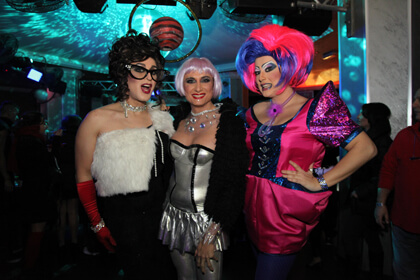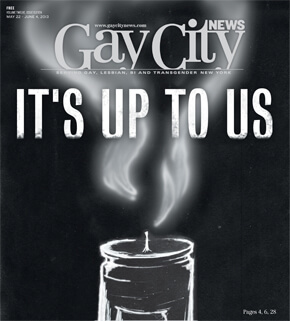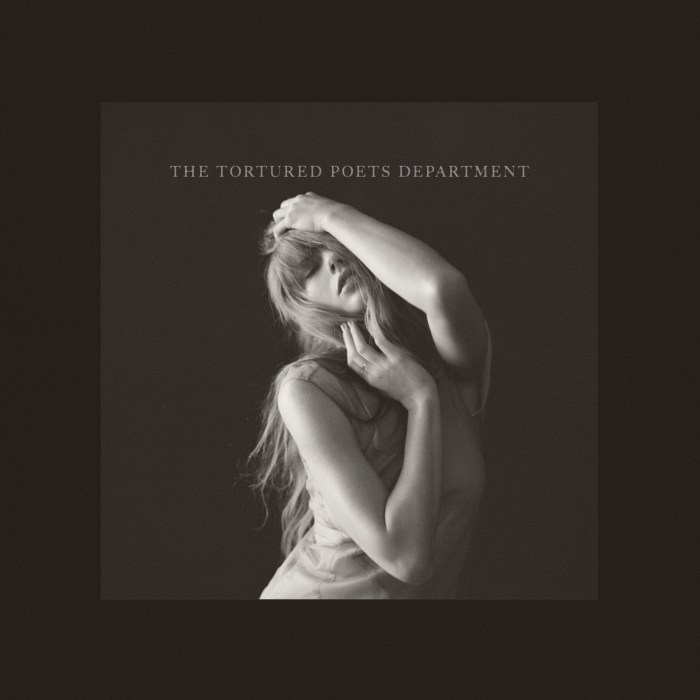BY PAUL SCHINDLER | I was reminded by my friend and colleague Andy Humm that a defining maxim of the women’s suffrage movement a century ago was “Deeds Not Words.”
In our age, words are expertly focus-group-tested and then wielded alternately as heartfelt promises, dire warnings, and lacerating weapons. We all cycle through thousands of words a day, but leave ourselves too little time to keep track of the deeds that follow — or don’t.
This caveat is crucial in considering the three paragraphs — the 226 words — dealing with gay and lesbian people in the preliminary report issued by the synod of bishops meeting at the Vatican at Pope Francis’ behest. Those 226 words, in turn, have been boiled down to handfuls of words, sound bites really, that make up the headlines trumpeting the news out of Rome.
As has been the case throughout Francis’ 18-month papacy, many of those headlines have been upbeat, at times breathless, heraldings of a New Church — a “shift,” a “new tone,” a “sharp break with the past” are phrases repeated over and over again. In some tellings, Francis becomes an ecclesiastical Barack Obama of sorts — “evolving” toward the right place.
As if the process of shifting political positions in a pluralistic democracy can be easily analogized to an ancient religion’s stewardship of deeply embedded thinking and teachings on human sexuality and individual agency.
The “positive” aspects of the synod’s reports are well known: “Homosexuals have gifts and qualities to offer to the Christian community: are we capable of welcoming these people, guaranteeing to them a fraternal space in our communities?… Are our communities capable of providing that, accepting and valuing their sexual orientationÉ?” And, “It has to be noted that there are cases in which mutual aid to the point of sacrifice constitutes a precious support in the life of the partners.”
That’s fine as far as it goes — but the three paragraphs are careful to maintain the longstanding limitations on the embrace these words suggest: Is the “accepting and valuing their sexual orientation” possible “without compromising Catholic doctrine on the family and matrimony?” In acknowledging value in gay and lesbian unions, the bishops make clear they do so “without denying the moral problems connected to” them.
And in a clear proclamation that the Church will continue to claim its unsettling global political role, the bishops write, “The Church furthermore affirms that unions between people of the same sex cannot be considered on the same footing as matrimony between man and woman. Nor is it acceptable that pressure be brought to bear on pastors or that international bodies make financial aid dependent on the introduction of regulations inspired by gender ideology.”
These unambiguous reaffirmations of a traditional dogma hostile to the LGBT community has led many to dismiss the bishops’ interim report as nothing more substantial than earlier statements from Francis, which skeptics charged were calculated to convey openness while delivering no change. I never thought that a pastor saying, “Who am I to judge” was a particularly profound or revolutionary development — except set against the context of the papacy, an institution where humility and openness have never been hallmarks.
In Rome right now, however, I think something more is going on — and it merits serious consideration along with a healthy dollop of caution. Here, Francis is not primarily a speaker, he is an actor. The 10 cardinals who wrote the interim report were largely his appointees. As Jeff Stone, DignityUSA’s spokesman, noted, “Francis’ fingerprints are all over this report.”
I think the pope is trying to move the Church, but the question is precisely where? In Stone’s view, what has been accomplished so far involves who feels more empowered and who feels less so. Even before this week, he asserted, LGBT Catholics felt more welcomed and progressive priests and bishops felt freer to speak out.
But critics have rightly pointed out that at the same time, in the US, gay Catholic school teachers and church choir masters, some of them long known to be gay, have been fired — their offense being their marriage to their partner. Stone predicted that bishops, whose political instincts “got them where they are,” will read the tea leaves and halt this kind of retribution. Time will tell.
People seeking a spiritual home, however, look for a lot more than simply a congregation that will not punish them. Asking them to detach from teachings that reject core aspects of their personhood is violently at odds with the goal and meaning of communion.
And if we are to give Francis the benefit of the doubt that his intentions are the right ones, it is in this respect that he may well fail. Nothing in the 226 words indicates any intention to challenge the stain inflicted on the Church by the infamous 1986 “Halloween Letter” authored by Cardinal Joseph Ratzinger, who in 2005 became Pope Benedict XVI. As a key lieutenant of Pope John Paul II, Ratzinger wrote, “The particular inclination of the homosexual person is not a sin, it is a more or less strong tendency ordered toward an intrinsic moral evil; and thus the inclination itself must be seen as an objective disorder.”
Marianne Duddy-Burke, DignityUSA’s executive director, hailed the “astonishingly new” language in the interim report for representing “a far different starting point than saying we are ‘objectively disordered.’” Stone said that Church doctrine often does not change by abrupt repudiation but rather by the “accretion” of new doctrine that in gradualist fashion supersedes what was originally in place.
But the Catholic Church does not have the 359 years it took for it to apologize to Galileo for his imprisonment during the Inquisition. Even as he talked about the gradualism of change in the Church, Stone also pointed to the revolutionary changes wrought by Vatican II in the 1960s and by comments Francis has made suggesting that sometimes things need to be done quickly.
I will credit the new pope with a willingness to reach out to LGBT people with a new humanity. I am not yet convinced he appreciates the profound pain and suffering his Church has caused gay people, especially in the past three decades. And it’s unfortunate that Francis has demonstrated no willingness to actively uproot Benedict’s entrenched spiritual poison that continues to fester at its core.
































